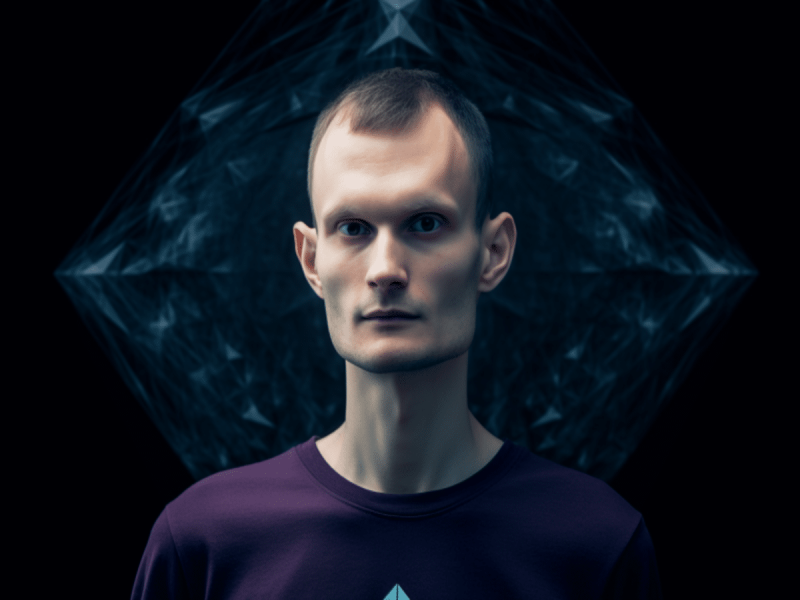Vitalik Buterin discloses that account abstraction and scaling are two key areas Ethereum needs to improve upon.

- Vitalik Buterin toyed with bringing back ERC-4337 in his recent blog.
- ZK-EVMs may also be able to help with data storage.
Implementing major upgrades to Ethereum [ETH] is not something new. This is because the blockchain has successfully finalized at least one substantial development each year over the last few years.
Now, Ethereum’s co-founder Vitalik Buterin has suggested that more could be achieved on the blockchain through increased experimentation.
Vitalik proposes a call for an on-chain increase
On 30 September, Buterin posted on his blog and titled the article “Should Ethereum be okay with enshrining more things in the protocol?” About six months ago, Buterin had also posted extensively about the viability.
According to the new blog post, Buterin disclosed that account abstraction and scaling implemented now were two areas the blockchain had in mind to improve as far back as 2015.
For context, account abstraction is the process of making it easier for users to interact with blockchain by customizing elements of smart contract accounts, from fee payments to transaction approval mechanisms.
On the other hand, the main goal of scaling is to improve transaction speed, and transaction throughput without affecting Ethereum’s security or decentralization.
Buterin also noted that the Ethereum protocol could enshrine more features. But this would require bringing back some attributes.
First off, it could be necessary to bring back ERC-4337. Authored by Buterin himself, alongside five other developers, the ERC-4337 was the token standard that introduced account abstraction.
The return of the standard could help with censorship resistance, gas efficiency, and support for Ethereum Virtual Machine (EVM) opcodes.
Buterin further highlighted that,
“Fully functional ERC-4337 wallets are big. This implementation, compiled and put on-chain, takes up ~12,800 bytes.”
ZK for storage
Another aspect Buterin touched upon was the ZK- EVMs. ERC-4337 comes into play in this regard too, but the focus here is more on scaling than account abstraction. According to him, the ZK protocol feature could help with Ethereum’s multi-client philosophy.
He, however, acknowledged that the project could face a challenge enshrining this part. This is because of the limited data the Ethereum blockchain can store. But he also mentioned that ZK-EVMs can compress more data.
Buterin wrote:
“ZK-EVMs are much more data-efficient if they do not have to carry “witness” data. That is, if a particular piece of data was already read or written in some previous block, we can simply assume that provers have access to it, and we don’t have to make it available again.”
In other parts of the blog post, he also mentioned how liquid staking could encourage ecosystem participation, particularly on Lido Finance [LDO] and Rocket Pool [RPL].

